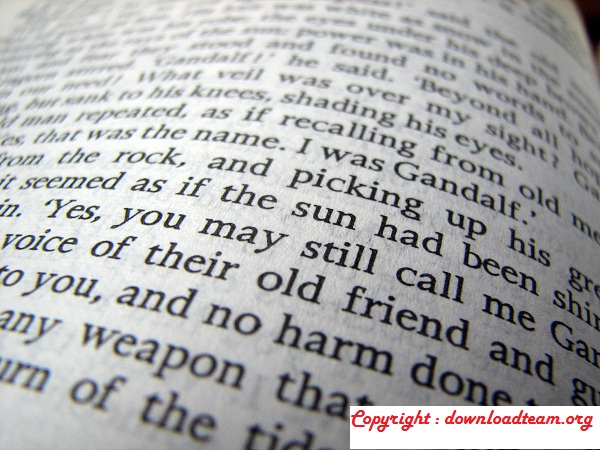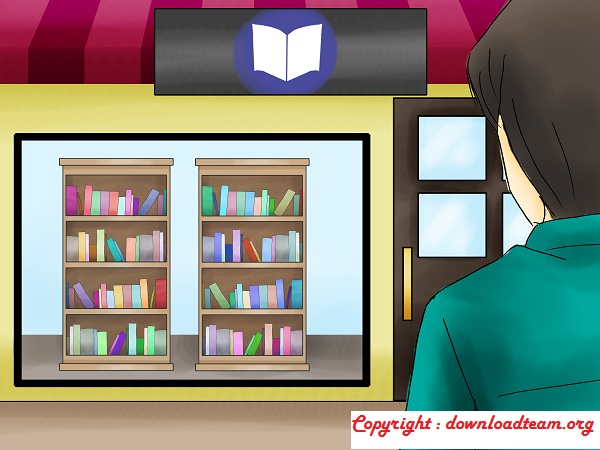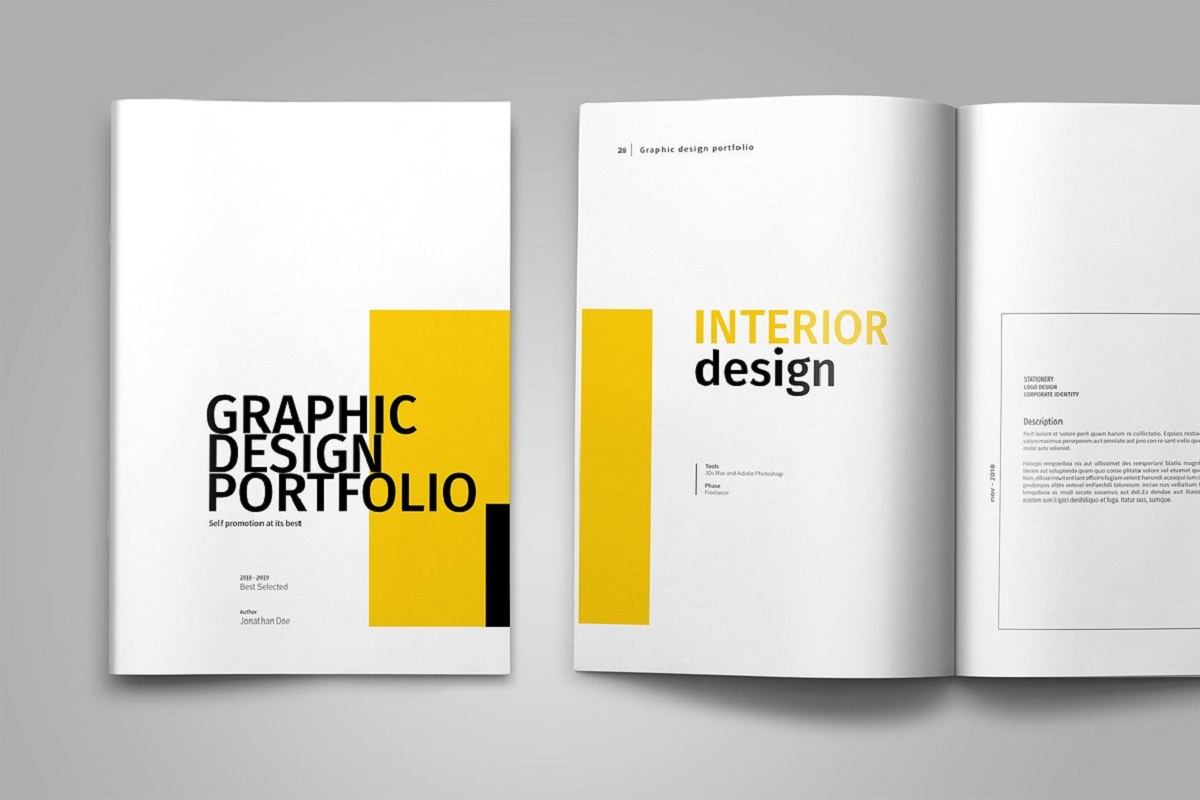This question, like all that we do daily teachers, does not have an unequivocal answer. Textbooks, such as school materials used by students for each of the subjects, have a well-established tradition in our school. The segmentation of knowledge in subjects in Primary or Secondary classrooms implies a transfer, in most cases, of university knowledge, also grouped in subjects. This nineteenth-century tradition is accompanied by the classic manuals that, although they have been renewed -incorporating links to web pages, full-color images, and proposals of different activities- keep the essential: a text and activities that must be done.
The textbooks try to be a concretion of the knowledge, respecting the current legislation and offering guidelines of learning for the students. Do they fulfill this function? Do they incorporate new scientific research? Are they open to new methodologies? Are they trying to enforce the famous learning standards? Do they fit the specific needs of educational support? Taking into account that their price is around forty euros, they should meet all these items and more.
You may also like to read : The Integration of Information Technology and Communications Regular Curriculum
In the case of Geography and History textbooks – which are the ones I know and about, essentially – this article – it is usual to find closed accounts of knowledge about what happened, something that exactly matches the notion they have The students about the historical future. Historians are well aware that the historical account is a construction made a posteriori from primary and secondary sources, which has changes and continuities, and is always subject to revision. One of the problems I often observe is that the textbooks of history do not facilitate the understanding of the problematized story, but continue to offer a block of contents, almost dogmatic, that makes the teaching task very difficult in a critical sense. Has advanced significantly: if eight years ago, When I finished high school, I saw it absolutely normal for all textbooks to offer solid accounts of what happened, as a teacher I begin to see that materials from publishers as varied as SM, to mention those I have handled, introduce already places where Is broken with the closed vision of history. Including titled points in the following way shows that you can work differently, and that publishers can adapt to the new times: “Was it democratic in the system of Restoration?”, Including primary sources that serve to build knowledge , Or “The Renaissance, rupture or return to the past?”. At the moment as a teacher I begin to see that materials from publishers as varied as SM, to cite the ones I have handled, introduce already sections where it breaks with the closed vision of history. Including titled points in the following way shows that you can work differently, and that publishers can adapt to the new times: “Was it democratic in the system of Restoration?”, Including primary sources that serve to build knowledge , Or “The Renaissance, rupture or return to the past?”. At the moment as a teacher I begin to see that materials from publishers as varied as SM, to cite the ones I have handled, introduce already sections where it breaks with the closed vision of history. Including titled points in the following way shows that you can work differently, and that publishers can adapt to the new times: “Was it democratic in the system of Restoration?”, Including primary sources that serve to build knowledge , Or “The Renaissance, rupture or return to the past?”.
However, these textbooks and their publishers must read the primer: it is incomprehensible, annoying and really annoying that there are books that still talk about the “discovery of America” and not the “conquest”, the “Reconquista” and Not of the “Christian conquest”, of the “Counter-Reformation” and not of the “Catholic Reformation” or of the “failure of the industrial revolution in USA.” It is not very responsible to continue to include well-organized proposals for cooperative learning – for those to whom it works – for problem-based or project-based learning, or even for inverted class, aspects that are so fashionable today. And it is also that aspects such as Spanish nationalism in the nineteenth century – which was even asked in an examination of access to the university – or pre-Columbian civilizations shine by its absence. The task that is done in the universities does not serve to thicken the bottom of the professors; if it does not shut up in society, if it is not transmitted, we will continue to think that America was civilized by the good Spaniards, and that Catalan nationalism wants to break an eternal USA that began in Atapuerca. And my classmates will continue to laugh amicably at me when I rant about the “Christian Reconquest” and try to “make” the students by making them think a little.
What are the drawbacks of suppressing textbooks?
The first one is that we should look for an alternative in terms of materials in the centers. Materials made by the teachers themselves? In working groups? Downloaded and pirated from the Internet? Shared on the web through websites throughout the State? Is something impossible? I do not think so. Many teachers produce materials even when we have our well-illustrated textbooks that would save us many hours of work. We love work; we do not like some aspects of the books and we end up making our own proposals. It is possible to make your own materials, although three things are needed: free resources that do not collide with intellectual property, time and money. I dare to propose that if in Secondary school we returned at 18 hours, And the remaining two – as well as some complementary ones – were intended to develop curricular materials and to train in didactics through working groups in the centers, families would save a lot of money. And I also dare to propose that they accompany this measure with another: the abolition of Libraries. All that spent money could be invested in hiring teachers – needed to cope with the two hours less – and would be beneficial to families. Obviously, the material (which would, of course, be cheaper) should be paid to those families who cannot afford this expense. And I also dare to propose that they accompany this measure with another: the abolition of Libraries. All that spent money could be invested in hiring teachers – needed to cope with the two hours less – and would be beneficial to families. Obviously, the material (which would, of course, be cheaper) should be paid to those families who cannot afford this expense. And I also dare to propose that they accompany this measure with another: the abolition of Libraries. All that spent money could be invested in hiring teachers – needed to cope with the two hours less – and would be beneficial to families. Obviously, the material (which would, of course, be cheaper) should be paid to those families who cannot afford this expense.
You may also like to read : 4 Ways to Prepare for Your Law School Entrance Exam
Another of the weak points in the suppression of the textbooks is the one that has to do with the monitoring of the students of the classes. Anyone who has entered a classroom will have realized that the students need to be very clear about the structure of the session, knowing what to study and what to do and how. If textbooks are replaced by materials without a clear order in their methodology, the students end up losing, something that influences the predisposition of these towards the subject. It is proven: if in certain units I stop using the textbook and use material developed by me, the students begin to feel insecure: they need to mark what is going to enter for the exam and what they are going to ask, as well as a good Folder not to lose the leaves.
Finally, the business of publishers would be depleted if textbooks were cut, and these are a very important lobby, as well as many jobs. Imagining education again would mean moving the quiet waters of the lucrative publishing business.
There is no simple answer to such a question. Textbooks should not be demonized: in the discipline that I teach there have been improvements and little by little they have been approaching a competence approach, although the material destined to it does not exceed ten percent of the set of pages. Publishers must make an effort to renew the materials offered and the Administration must demand it, as well as promote the own preparation of materials by teachers through working hours, points for transfer contests and why not? Salary incentives, Now that it is so fashionable to be an entrepreneur.






